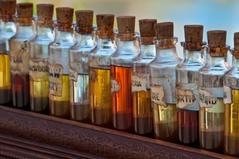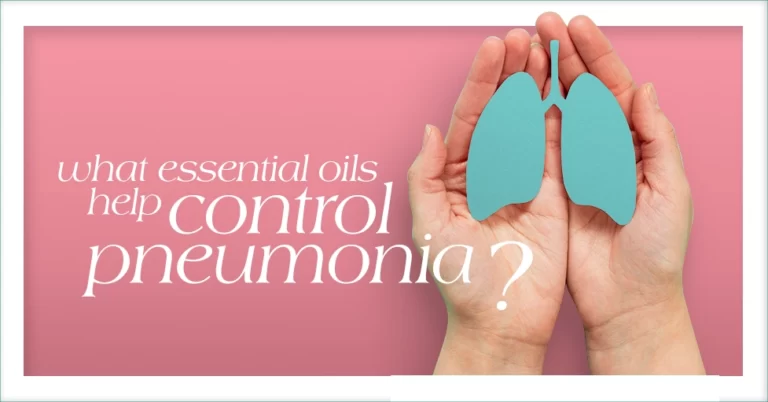Essential Oil Introduction – What is Essential Oil?
Source and Use
Essential oil is a natural organic substance obtained by physical extraction and having the characteristic aroma of the plant or source from where it was taken. Essential oils are not oils in a strict sense, but often share with oils a poor solubility in water.
Essential oil is most often found in various parts of a variety of plants, including the roots, trunk, bark, tree stems, leaves and flowers as well as other parts. In fact, it is not just oil, it is a natural chemical compound produced by photosynthesis or other formative physical processes in the growth and life of the particular plant.
Essential oils come in a variety of forms and are substantially complex all-natural substances with numerous intricate components (including, terpenes, phenols, ketones, aldehydes, ethers and oxides). Essential oils are generally derived from plants by distillation, often by using steam. Other processes include expression or solvent extraction, but depend on the characteristic of the plant and are not as common as steam distillation.
Many people use the therapeutic qualities of essential oils to improve health
Essential oils play an important role in the growth of plants. In addition to the regulation of temperature and help in the prevention of disease, essential  oil also protects plants from harm caused by bacteria and germs. In addition, the leaves and flower petals that contain the essential oil can help the plant attract beneficial insects and avoid harmful ones. Essential oils have real physical qualities that can work to attract and defend, as an antioxidant, as stimulants and much, much more.
oil also protects plants from harm caused by bacteria and germs. In addition, the leaves and flower petals that contain the essential oil can help the plant attract beneficial insects and avoid harmful ones. Essential oils have real physical qualities that can work to attract and defend, as an antioxidant, as stimulants and much, much more.
Essential oils, used across the globe and throughout history, are natural compounds that not only contain a characteristic fragrance, but also potentially medicinal properties ranging from skin and respiratory treatments to remedies for cancer.
They are used in perfumes, cosmetics, soaps, and other items, for flavoring food and drink, as well as for adding to scents in cleaning products. Essential oils are extremely common and used in an extraordinary amount of processes and products we encounter on a daily basis. Their remarkable popularity has led to the development of aromatherapy, a branch of alternative medicine that claims that essential oils are not just beautiful aromas, but also may have curative effects.

